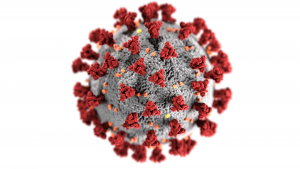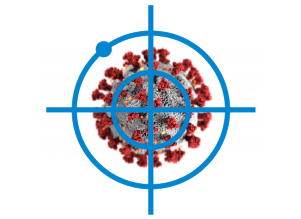The first AIRR-seq dataset from people who have been vaccinated against COVID-19 is now available in the AIRR Data Commons, accessible through the iReceptor Gateway. As more vaccination studies are made available, researchers will be able to compare these antibody/B-cell and T-cell receptor (BCR/TCR) sequences to the over 1 billion such sequences from studies of COVID-19 patients. Vaccines are designed to elicit the same immune response as that caused by natural infection, and the availability of data from vaccinated individuals will enable direct comparisons between these two types of responses. Such comparisons can determine the effect of different vaccine technologies, measure level of protection against circulating variants, and identify immune pressures leading to future variants. For example, this first vaccination study (Goel et al.) that is now curated in the AIRR Data Commons presents data from five recovered donors at three time points: before vaccination and after the first and second vaccinations, and the comparison suggests that COVID-19 recovered individuals may only require a single vaccine dose to achieve peak immune response. Similar comparisons as new vaccination studies become available will help inform public health decisions such as vaccine dosing and booster schedules.
The AIRR Community encourages and supports researchers in sharing their COVID-19 AIRR-seq data from natural infection and vaccination through the AIRR Data Commons. Now more than ever, access to curated, ready-to-analyze antibody and BCR/TCR sequence data will contribute to rapid health insights and public health strategies worldwide as we work to move through and beyond the COVID-19 global pandemic.
For an overview of the AIRR Data Commons, including demos on how to find and share data, see our recent webinar, The AIRR Data Commons: 4 billion reasons to store, analyze and share antibody/B-cell and T-cell receptor repertoire data.




